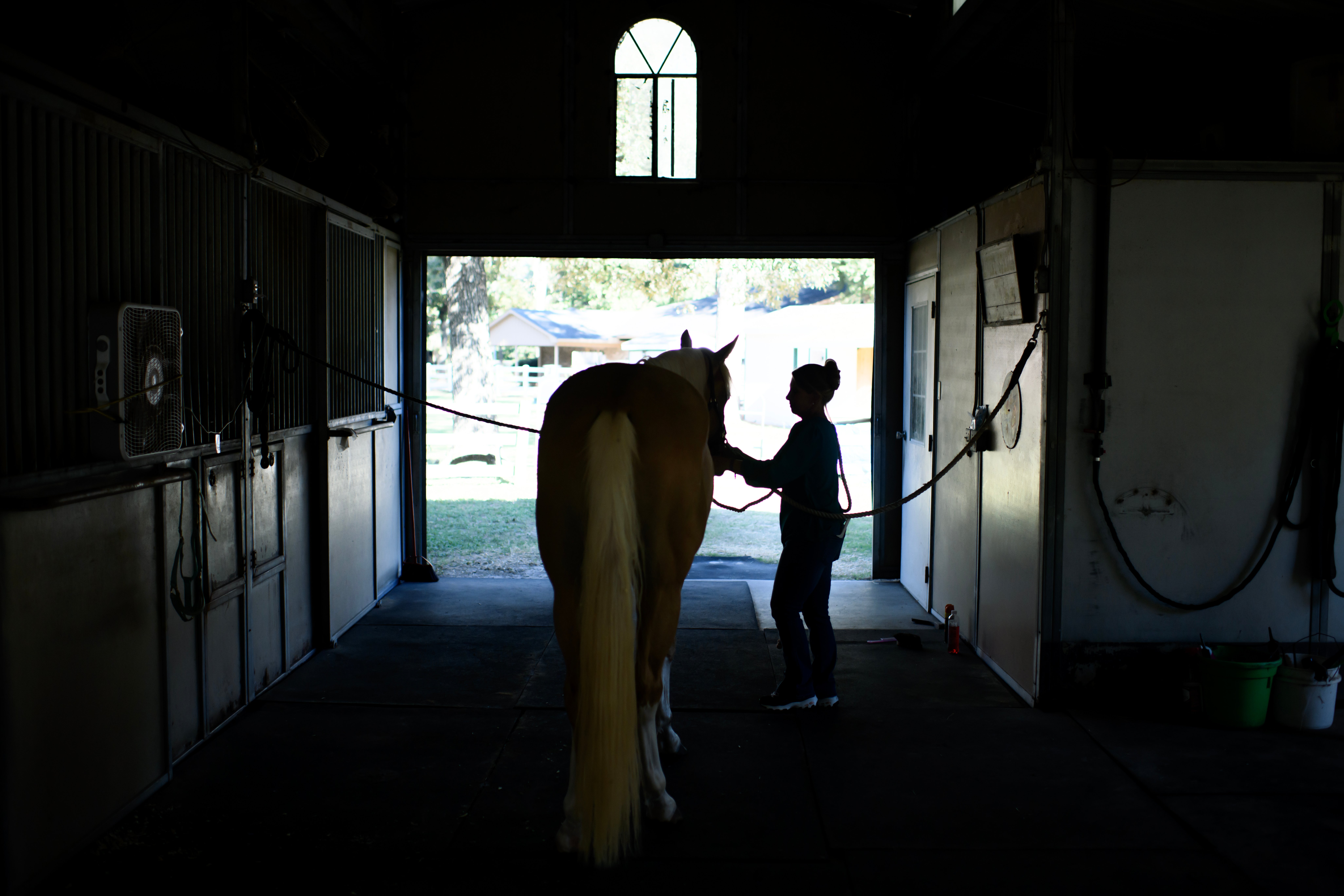
Tyrant’s Foe: Fred Lewis is Helping Underserved Communities Turn Out the Vote
A version of this story ran in the January 2014 issue.
According to Fred Lewis, too many Texans have too little influence on how their state is run. He’s working to change that.
For eight years, Lewis has headed Texans Together, a nonprofit that seeks to empower underserved communities, especially in Harris County, through grassroots activism. With Texans Together, he works to help poor and minority Texans gain a say in state government.
“A lot of people in this state think that the way it’s run, with its crony capitalism and crony government and lack of interest in the participation of working people, that that is a recipe for disaster,” Lewis says.
Lewis worked as an attorney after graduating from the University of Texas School of Law in 1986 and entered grassroots activism through the fight to keep corporate money out of Texas elections. He helped uncover efforts by then-U.S. House Majority Leader Tom DeLay to use corporate money to fund candidates for the Texas Legislature in the 2002 election. A Travis County grand jury indicted DeLay for money laundering in 2005 and DeLay was convicted in 2010; a Texas appeals court overturned the conviction in 2013.
Texas currently has no limit on how much donors can give to legislative candidates. Lewis thinks many Texans want to take big money out of politics, making lawmakers more responsive to their constituents. In 2005, Lewis turned his attention toward underserved communities. He decided it was time to empower people who aren’t usually listened to in Texas politics, so he helped create Texans Together.
“I know the rich and powerful will be represented; they will always have a seat at the table,” Lewis said. “The question is: Do the rest of the people have a seat at the table? And if they don’t have a seat at the table, I don’t think their needs are going to be addressed properly.”
Lewis has focused on improving voter turnout in Harris County. Texas has long had one of the nation’s lowest voter turnout rates. In the 2012 election, Texas ranked 47th with 50 percent turnout, compared to a national average of 64 percent. Latino turnout in Texas has been especially low. In 2012, only 39 percent of eligible Texas Latinos voted, compared to a national average of 48 percent, according to the U.S. Census Bureau. The rate is even lower in Harris County, where Latinos compose 41 percent of the population.
Lewis says minority voter turnout is often low because there’s a sense of powerlessness in the community and a belief that voting won’t make a difference. “But I think they really want to believe that our democratic institution will work,” he says, “because the only way that they’re going to get the early education, the health care they need, is through the public sector.”
Harris County is an emerging economic powerhouse. Houston is one of the nation’s most diverse cities (Rice University recently named it the country’s most diverse metro area). Sixty-nine percent of Harris County residents are non-Anglo, a number likely to rise in coming years. Lewis, a Houston native, believes that Harris County’s diverse populace won’t have its voice adequately heard in the halls of power until more of its residents turn out at the polls.
Texans Together employs eight organizers who train grassroots leaders from low-income areas how to engage their communities, a program called Empower Houston Leaders. “It’s hard work to recruit, train and mentor people,” Lewis says, but communities respond much better to their own members than to “white guys like me.”
He points to the people of Alief, a low-income inner suburb of 98,000 on the southwest side of Houston, as an example of the kind of success this community-based approach has had. Texans Together recently helped Alief residents successfully petition City Council for a new community center.
Lewis has had setbacks, too. He recently worked on legislation that would have required politically active nonprofits to disclose their contributors. The Legislature passed the bill, but Gov. Rick Perry vetoed it. Still, Lewis remains optimistic about his home state.
“I just really believe that Texas can do much, much better, and I don’t think that’s going to happen until working people, particularly minorities, get involved and start making it clear that they want their kids to have good schools and health care.”
To support journalism like this, donate to the Texas Observer.

